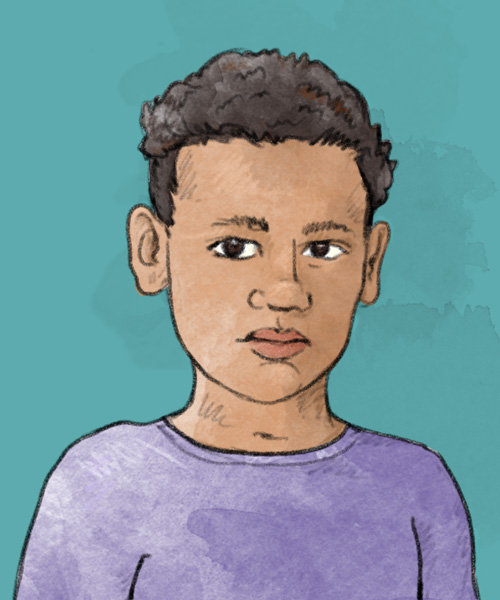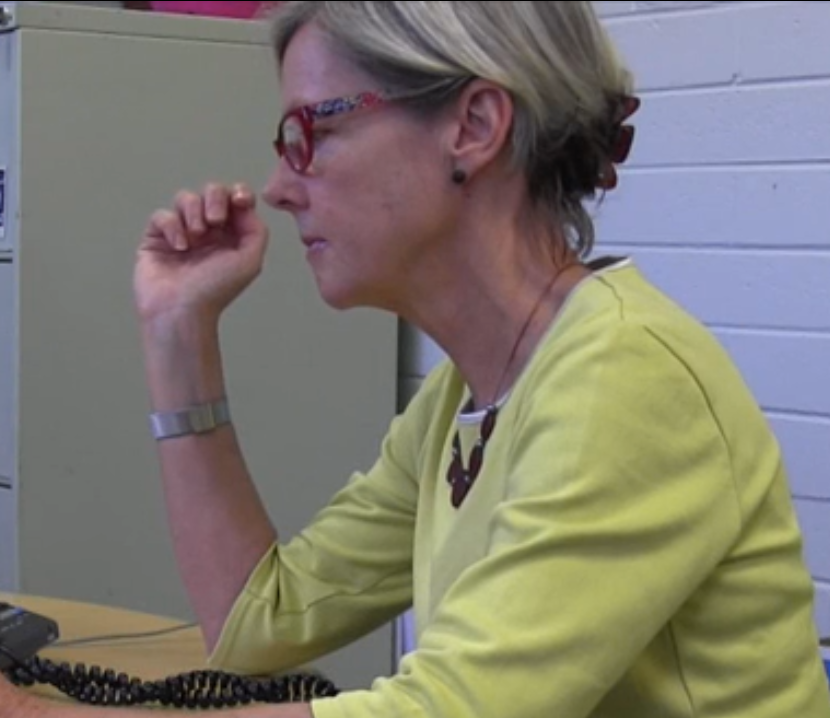Enrolling
Students with disability have the right to enrol in school on the same basis as students without disability. This means they have a right to information about how the enrolment process works and support in navigating the process. Schools have a responsibility to consult with students and families to identify any support or adjustments that might be needed during enrolment.
Fair enrolment
Fair enrolment means that students with disability who meet the school’s enrolment criteria are accepted by the school.
Under the Disability Standards for Education 2005 This link will open in a new window, students with disability or their families have a right to access:
- information about enrolment choices
- the enrolment process
- reasonable adjustments to assist enrolment
- enrolment on the understanding that reasonable adjustments will be made to enable the student to participate.
Schools should consult students with disability or their parents, guardians or carers to find out whether they need an adjustment to their enrolment processes so they can apply on the same basis as other applicants.
Fair enrolment: In practice
Students with disability have the same right as other students to attend a school of their choice.
Schools can support enrolment in various ways. Some examples are:
- providing all information for students and their parents, guardians or carers in suitable formats (eg large print) when requested
- supplying enrolment forms and offering assistance to complete them
- consulting students or their parents, guardians or carers about how their disability affects the enrolment process and ongoing schooling
- ensuring that information about entry requirements, choice of programs, and the educational settings for those programs, is accessible to the student and their associate in a way that enables them to make informed choices
- reassuring families that the enrolment of a student with disability incurs no additional fee.
During enrolment it is unlawful to discriminate against students because of disability.
Enrolment: What to expect
- Enrolment information that is easy to obtain and understand.
- Everyone is encouraged and supported to attend information sessions, such as school tours, information evenings and open days.
- Adjustments are made for parents, guardians or carers with disability to enable them to enrol their child on the same basis as everyone else.
- The school will start a discussion with parents, guardians or carers of students with disability to understand the student’s needs for learning and support.
- Schools will consult students with disability or their parents, guardians or carers about reasonable adjustments.
- Schools value open communication with families.
- Diversity in the student population is supported and celebrated by the school community.
Stories
Suzi starts school
 Suzi’s parents seek to enrol her in the local primary school. Suzi has multiple disabilities and needs intensive support with her learning, behaviour and self-care (toileting, dressing and eating).
Suzi’s parents seek to enrol her in the local primary school. Suzi has multiple disabilities and needs intensive support with her learning, behaviour and self-care (toileting, dressing and eating).
The school principal consults Suzi’s parents in order to understand the types of specialised services that will be required. The principal understands the school's responsibilities and is committed to meeting the needs of all students. She enrols Suzi, and together with the regional office and Suzi’s parents, the principal arranges support using the school and regional resources.
Choosing a special school
 Sam had a very positive experience during his primary years. He went to our local kindergarten and then our local government school. He really enjoyed school, being included in all the facets of school life. He ran the sprints on athletics day, took part in the annual swimming carnivals, performed on stage with all his classmates during the annual school concerts and went on all the school camps. Of course, he did his schoolwork as well, but, ‘That’s boring, Mum!’
Sam had a very positive experience during his primary years. He went to our local kindergarten and then our local government school. He really enjoyed school, being included in all the facets of school life. He ran the sprints on athletics day, took part in the annual swimming carnivals, performed on stage with all his classmates during the annual school concerts and went on all the school camps. Of course, he did his schoolwork as well, but, ‘That’s boring, Mum!’
I wanted to make sure that this positive experience would continue to be the common denominator throughout his secondary schooling. After looking at all our options, we decided, or rather Sam decided, that he really liked the special school. As Sam’s parents, we first toured the school, met with the assistant principal and generally got a feel for the school environment. It just felt good! Next, we made another appointment so we could take Sam through with us and see what he thought. We walked around the school, saw some classes in session and Sam was blown away when he recognised some of the students from one of his weekend sporting groups. When I asked him what he thought of the school, he said, ‘Perfect, Mum!’
Sam attended two transition days in Term 4 of his last year at primary school and really enjoyed them. According to his teacher, Sam couldn’t stop raving about his new school to all his class when he returned to school.
Sam often says, ‘Mum, I love school!’ He is managing his work and the new routines of secondary school life! He catches the bus to and from school every day and really enjoys the trip. He even insists on me not walking him to the bus. I suppose it’s just not cool anymore to be seen with your mum!
Sam gets home from school, unpacks his bag, gives me all his school notices and reminds me of things that are happening, ‘Mum, I’ve got swimming tomorrow,’ or ‘... basketball on Friday’. We are very proud of how well Sam has made this transition.
When we went to a school performance recently and heard Sam singing, I saw first-hand how comfortable he was and how well he had settled in. I know we have made the right decision; or should I say, Sam made a great choice!
Transition to secondary school 2015. © Association for Children with a Disability
- mail Email
-
BookmarkThis bookmark has been added to your bookmarks.Did you know you can organise your bookmarks into separate lists when you are signed in? Sign in or register
